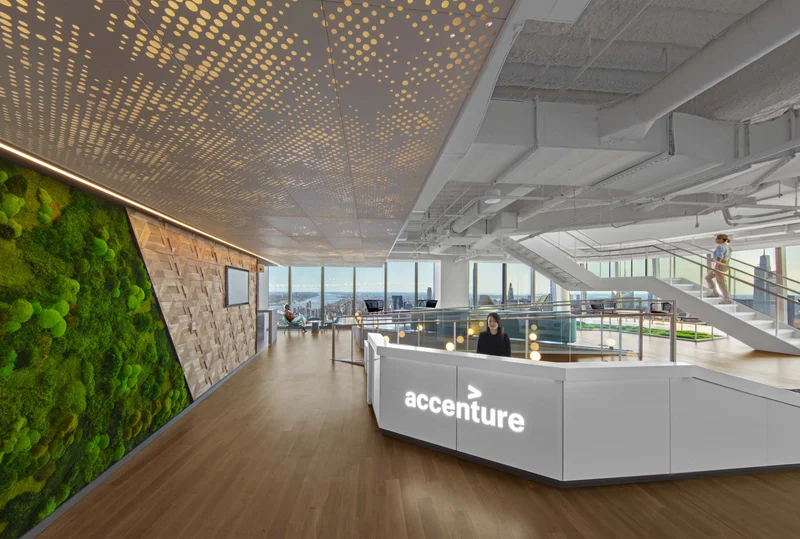Alright, let's talk about the future. Not the distant, sci-fi future we used to dream about, but the one that’s rapidly unfolding right now, right before our very eyes. For decades, we’ve been tethered to screens, tapping and swiping, our thoughts mediated by glass and silicon, struggling to keep pace with the sheer volume of information surrounding us. But what if I told you that era is drawing to a close? What if the very interface between you and the digital world is about to disappear, not into thin air, but into your own mind? Friends, colleagues, fellow explorers of tomorrow – neural interfaces, or Brain-Computer Interfaces (BCIs), aren’t just a new gadget; they are, without hyperbole, the next great leap for humanity.
Think about it: from the printing press to the internet, every truly revolutionary technology has redefined how we share information, how we learn, how we connect. But each of these still required an external step, a translation from thought to action. You think a query, you type it. You conjure an image, you draw it. With neural interfaces, that gap, that tiny but persistent friction, simply vanishes. We’re talking about a paradigm shift so profound it feels less like an invention and more like an evolution. When I first saw a demonstration of even rudimentary BCI control – someone thinking a cursor across a screen with nothing but their intent – I honestly just sat back in my chair, speechless. It wasn't just impressive; it was inevitable. This isn’t just about controlling a computer with your mind; it’s about a future where thought itself becomes an actionable input, where the digital realm becomes an extension of our own consciousness, and the speed of this is just staggering—it means the gap between today and tomorrow is closing faster than we can even comprehend, pulling us into a world where possibilities expand exponentially.
The "big idea" here isn't just convenience; it's about unlocking human potential we've barely even dared to imagine. Imagine learning a new language not by rote memorization, but by a direct, intuitive download of neural patterns. Picture artists creating symphonies or visual masterpieces simply by visualizing them, their thoughts made manifest in real-time. For those living with paralysis, BCIs are already offering a lifeline, restoring communication and mobility that seemed impossible just years ago. We’re moving beyond assistive technology and into augmentative capability. This is about giving everyone, regardless of their physical state, the ability to interact with the world with unprecedented agency. It’s not about replacing what makes us human; it’s about amplifying it, about removing the physical barriers that have historically limited our expression and our reach.

Of course, I hear the whispers, the skeptics who worry we’re venturing into a dystopian future where our thoughts are no longer our own. They’ll point to headlines like, "Are BCIs a Pandora's Box?" and ask about privacy, about control, about what it means to be 'you' when your mind is connected to the network. And these are valid, critical questions we absolutely must address with the utmost ethical rigor. We can’t leap blindly into this future; we have a responsibility to build these systems with robust security, transparent consent, and a deep understanding of human autonomy. This isn't just about engineering; it's about philosophy, about defining the boundaries of self in a hyper-connected age. But here’s my take: every major technological leap, from fire to the internet, has brought its own set of fears and challenges. Humanity has always found a way to adapt, to integrate, to civilize the frontier. The potential for good here, for genuine human flourishing, far outweighs the risks, provided we approach it with collective wisdom and foresight.
We're at the precipice of an entirely new mode of human experience. Think about the comments bubbling up from the most engaged corners of the internet – the Redditors, the forum dwellers who truly get it. I saw one comment recently that really stuck with me: "Imagine a global consciousness, not as a hive mind, but as a vast, interconnected library of shared empathy and knowledge, accessible on demand. This isn't just about productivity; it's about understanding each other on a deeper level." That’s it, right there. That's the hopeful vision. This isn't just about faster data; it's about richer understanding. It's about bridging divides, about experiencing perspectives directly, about building a collective intelligence that respects individual thought while amplifying our shared potential.
What could this mean for creative collaboration, for scientific discovery, for empathy across cultures? What new art forms will emerge when the canvas is directly linked to the artist’s mind? How will education transform when knowledge transfer becomes less about memorization and more about direct comprehension? These aren't just idle questions; they are the blueprints for a future we are actively constructing, brick by neural brick. The screen has been our window; now, the window is dissolving, and we are stepping through into the landscape itself.
We are on the cusp of an era where our minds will no longer be confined by the physical limitations of our bodies or the clunky interfaces of our technology. Neural interfaces aren't just an upgrade; they are a fundamental redefinition of what it means to be human in a technological age. Prepare yourselves, because the greatest adventures are about to unfold, not on a screen, but within the boundless universe of our own minds.